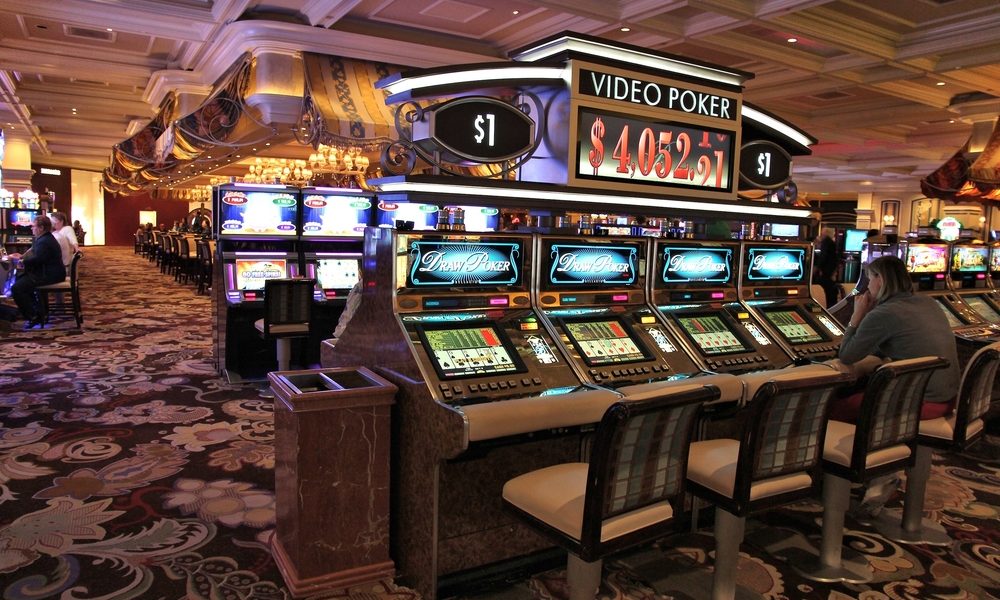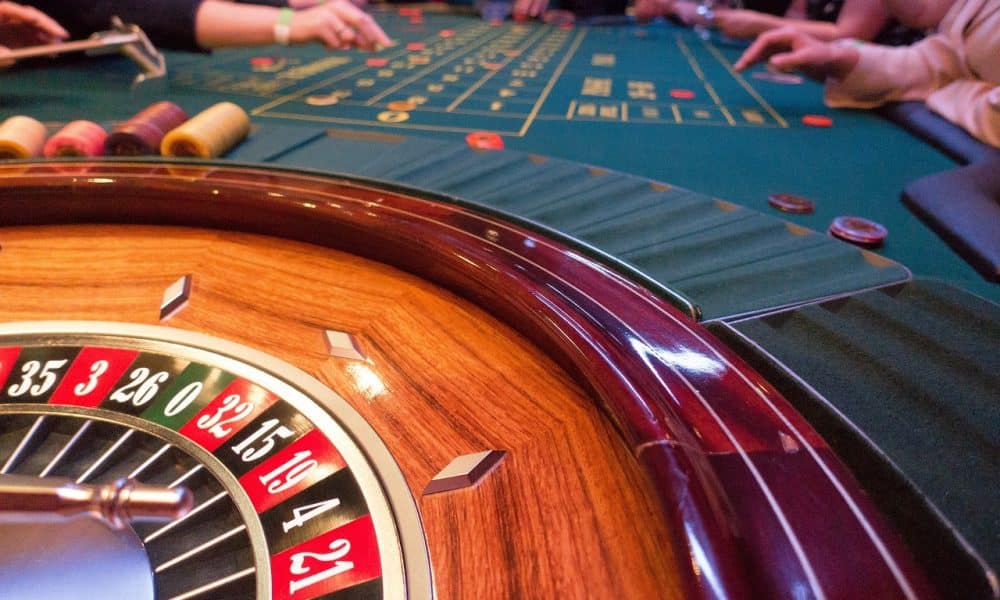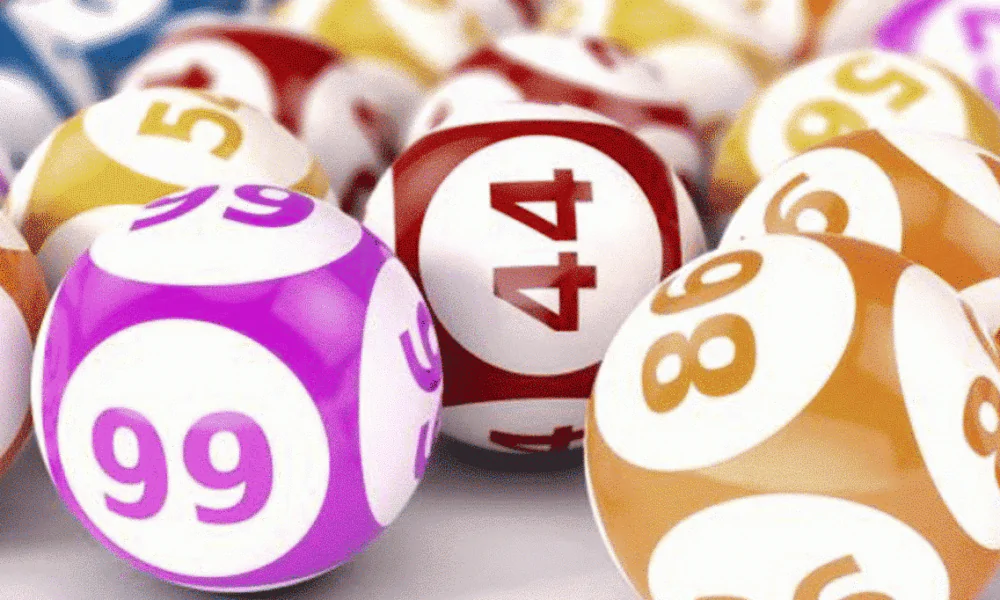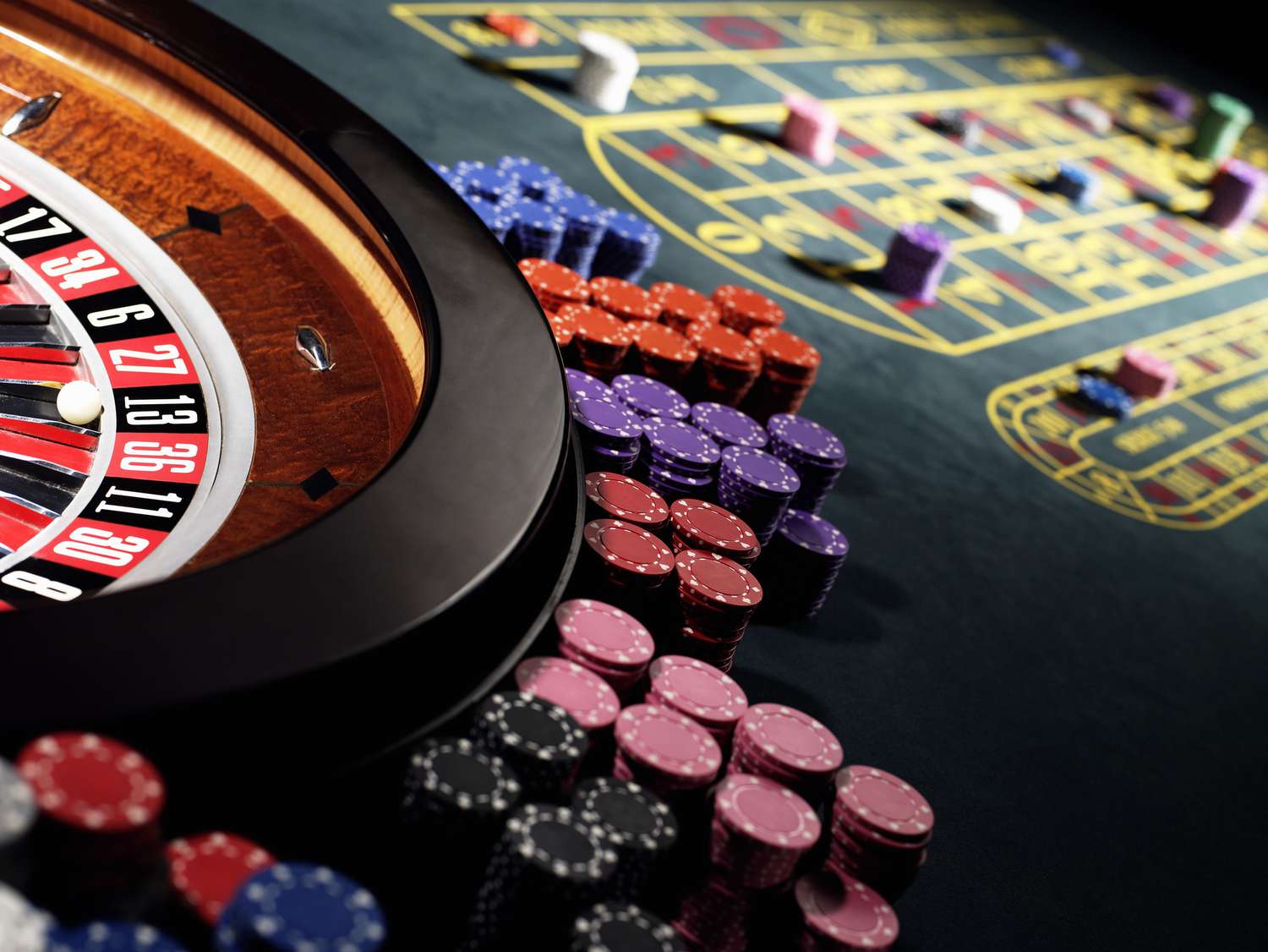The fast-paced world of live casino games requires a delicate balance between quick gameplay and precise outcomes. Dealers must maintain swift card handling while ensuring every move follows strict protocols. This balance presents unique challenges for live casino operators who aim to deliver authentic gaming without delays. Players expect rapid game progression but demand fair results and clear visibility of all actions. The technical systems behind these games utilise specialised equipment and software to maintain this equilibrium. Gaming providers continuously refine their methods to perfect this speed-accuracy relationship.
Professional dealers serve as both entertainers and precision workers in live casino settings. They must create an inviting atmosphere while executing games with meticulous attention to detail. Visit here to witness this balance firsthand. Dealers undergo rigorous training, emphasising speed and accuracy, teaching them to handle cards efficiently without compromising integrity.
Tech that keeps pace
Modern live casino studios incorporate cutting-edge camera systems and specialised tables to capture every detail. Multiple camera angles ensure transparency, while specialised lighting eliminates shadows that might obscure card values. The seamless integration of these elements never compromises clarity. The right software can also maintain balance. Advanced optical character recognition technology instantly reads card values and game results, allowing immediate digital verification. This technology works in the background, confirming dealer actions without disrupting the natural flow of games. Automated shuffling machines further streamline processes by ensuring perfectly randomised decks in seconds rather than minutes.
Player expectations
- Players desire swift game rounds to maximise entertainment value per session, with research showing attention spans dropping when games exceed optimal timing windows
- Game integrity ranks as the top priority for serious players, who will abandon platforms where accuracy appears compromised, regardless of speed advantages
- The visual confirmation of card values and game actions provides essential trust, with players requiring clear views of critical moments despite fast gameplay
- Technical delays and buffering issues frustrate players more than deliberate pacing designed to ensure accuracy, highlighting the need for robust infrastructure
Training for precision
Casino training programs emphasise both rhythm and reliability. New dealers practice specific motions thousands of times before handling live games. Trainers use timed exercises and accuracy drills to develop consistent performance under pressure. This foundation ensures dealers can maintain composure during busy periods without compromising game integrity. Advanced training incorporates simulated distractions that replicate real casino environments. Dealers learn to maintain focus despite conversations, background noise, and the unpredictability of player interactions. Many facilities record practice sessions, allowing dealers to review their performance and identify areas where they might be sacrificing accuracy for speed or vice versa.
Global timing standards
The international casino industry has developed informal standards for optimal game speeds. Blackjack rounds typically complete within 45-60 seconds, while roulette spins maintain specific timing windows to balance excitement with fair play. These guidelines ensure platform consistency while acknowledging the time required for accurate game completion. Leading regulatory bodies now monitor error rates and game speeds when evaluating casinos. They recognise that high-speed games might compromise accuracy, while unnecessarily slow games frustrate players. This regulatory oversight encourages providers to find the ideal middle ground where games move efficiently without rushing critical procedures.










